
Last November I posted here about Yagil Levy’s new book, Israel’s Death Hierarchy: Casualty Aversion in a Militarized Democracy (you can find an article length version of his work here). The short version — the Israeli Defence Forces (IDF) has very explicitly traded the lives of Israeli soldiers for Palestinian civilians. I wax philosophic and surmise that what Levy has found in Israel can be generalized to all wealthy democracies. Prime ministers and presidents have a strong electoral incentive to minimize military casualties at the expense of civilians, or precisely what the IDF has been doing. Democracy works, and human rights violations are an outcome.
I recently ran across a fascinating dissertation, now a book in progress, by Jonathan Caverley that considerably extends what I supposed in that post. While in my post I implicitly treated the electorate as an undifferentiated mass and focused upon the executive, Caverley focuses on the voter and begins by assuming a skewed income distribution. With that unobjectionable assumption in hand he appeals to the median voter theorem to produce the proposition that the median voter has incentive to support policies that shift the burden of paying for those policies toward the wealthy. More specifically, his work establishes why the median has an incentive to support a technology heavy, labor light military: it represents a welfare gain for median voter (who contributes less to the public good of national defense as capital displaces labor in its production). The theory thus comports with the recently published work on taxation of wealth and income by Scheve and Stasavage (War, Democracy and Wealth: Lessons from Two Centuries of Inheritance Taxation). Caverley further shows that the lower a voters’ income, the more likely she is to support aggressive use of coercive bargaining in interstate conflicts.
Pop culture commentators such as Ted Rall and Jello Biafra explain the aggressive military policies of wealthy democracies as a disjunction between the average voter and the executive via appeal to US President Eisenhower’s concerns about the military-industrial complex. Caverley offers a more chilling account of democracy at work.
[youtube http://www.youtube.com/watch?v=HVGg_5grOTg&w=420&h=315]Finally, as a former officer in the US Navy, Caverley brings to the table some gravitas that those of us who have never served lack. Gravitas has precisely nothing to do with science, but in politics it sure helps.
@WilHMoo

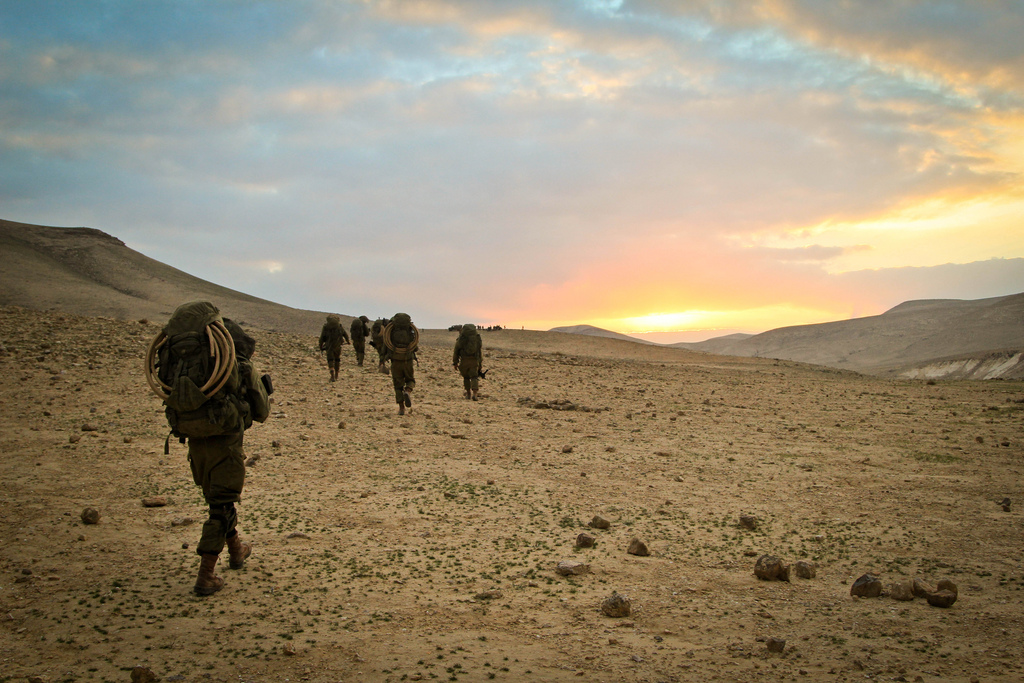
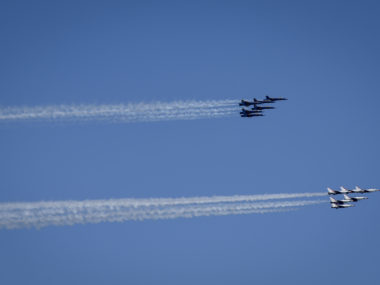
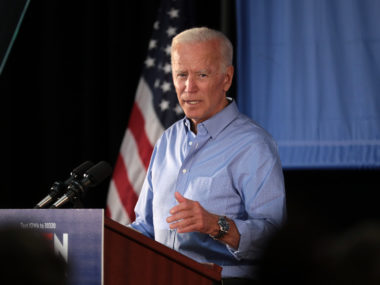
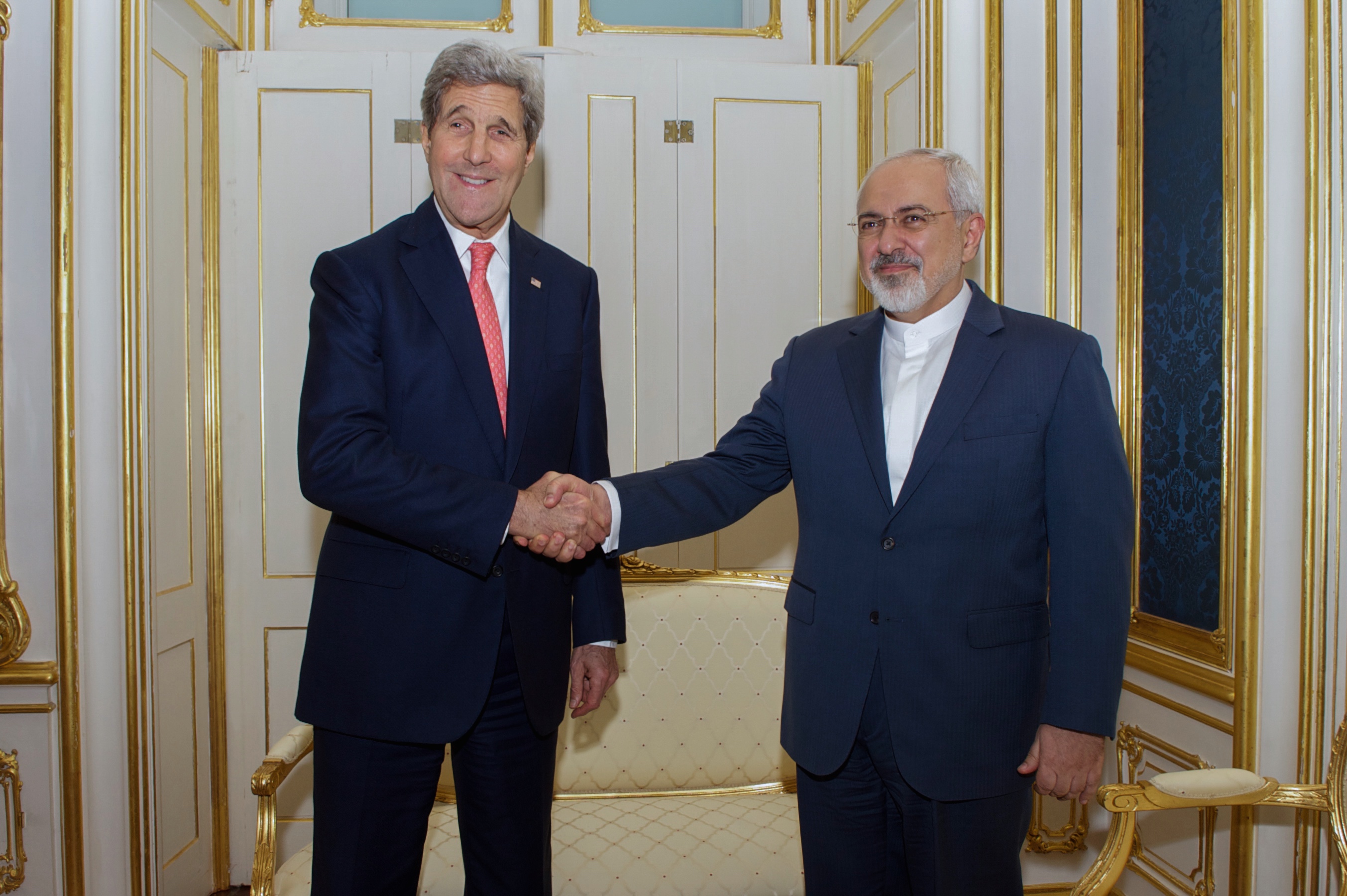
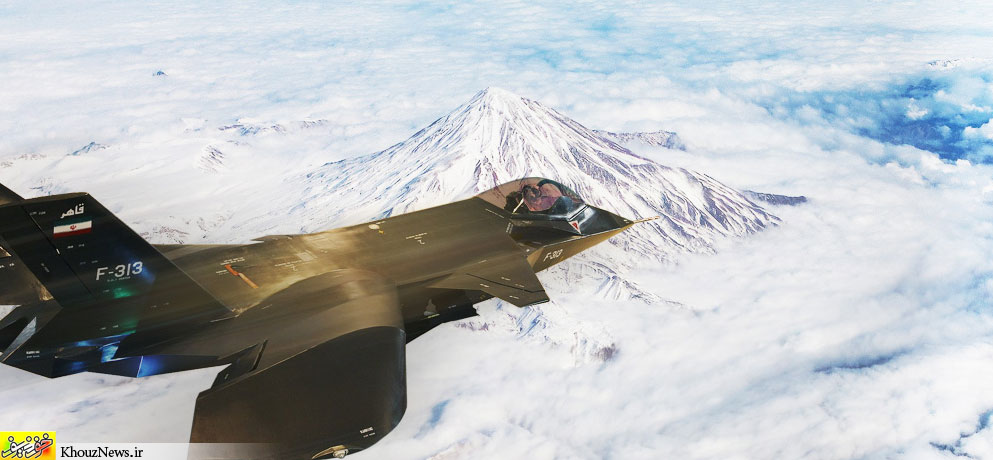

4 comments